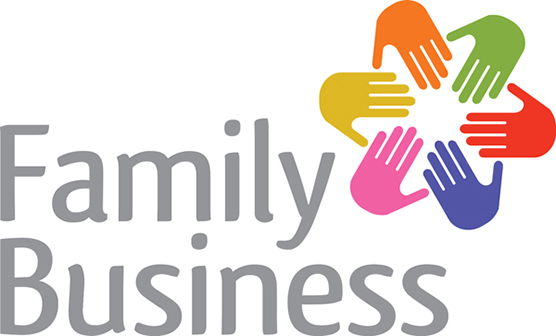Family Businesses in Kenya: When founders of family- owned enterprises set up business, all they tend to have in mind is to create an empire that can withstand the test of time and leave a legacy, which can be passed on to the next generation.
How Nakumatt directors ‘stole’ Sh. 1 billion from ailing retailer
However, as a number of family-owned businesses, even locally have shown, this is not always the case because frequently these businesses suffer from infighting or business leaders unwilling to make the hard decisions when it comes to dealing with close family members.
A number of family businesses that have thrived in creating an empire both locally and internationally. For instance, multibillion companies like Facebook, where Mark Zuckerberg’s family own part of the shares and Walmart, owned by the Walton family are some of the success stories.
Locally, we have companies such as Bidco Oil Refineries, a manufacturing enterprise founded by Bhimji Depar Shah and whose current CEO is Bhimji’s eldest son Vimal Shah and the Ramco Group are examples of some pre-eminent family-owned companies.
While these businesses have managed to stay afloat sometimes against all odds, the opposite is also true for other companies. Examples include troubled local retailing giants currently either embroiled in family wrangles or facing acute financial terrain.
By and large, family business founders tend to excel at building personal relationships, often on the basis of the employee loyalty as much as their capabilities. The leaders typically have a hand in hiring the employees, know them and their families personally, understand their priorities, and help them develop professionally.
While managing employees focuses on the acquisition and the general undertakings of ensuring productivity, talent management focuses on developing the already acquired talent in a bid to continually grow the workforce with the aim of increasing their value to the business.
However, some leaders don’t place the same personal emphasis on developing talent in the broader organisation, including among family members. This is because they face a set of unique challenges like tending to reserving top jobs for family members and dealing with the old guard, who are sometimes extremely loyal employees who have been on the leader’s core team ever since the company founding.
Equally, managers of family business find it hard to integrate the newly hired and long-serving employees into a single, cohesive company culture. In other cases they tend not to respect talent management processes.
For example, one company’s president would sometimes override his leadership team’s decisions about bonuses on the basis of personal opinion. In other instances, they may fail to stringently apply talent-management processes to family members by for instance giving a family member an important role, even if they lack the required capabilities.
However, these challenges can be overcome if the founders of family enterprises can come up with a talent management philosophy on to treat how family members. This involves deciding whether to have separate standards to evaluate their performance, the nature of the leadership model, and balance between respecting processes and exercising personal judgment.
The best-performing family businesses establish committees to manage family talent, assign mentors, set clear criteria for assessment and advancement, and define a rigorous professional development strategy for family members.
They also maintain the discipline to follow these processes without exception. Equally, family businesses should set out how the organisation will discover, recruit, develop, and retain talent with the highest potential. The company should be willing to devote resources to support these efforts. The processes should be consistent with the leader’s style and preferences. Family Businesses in Kenya.









